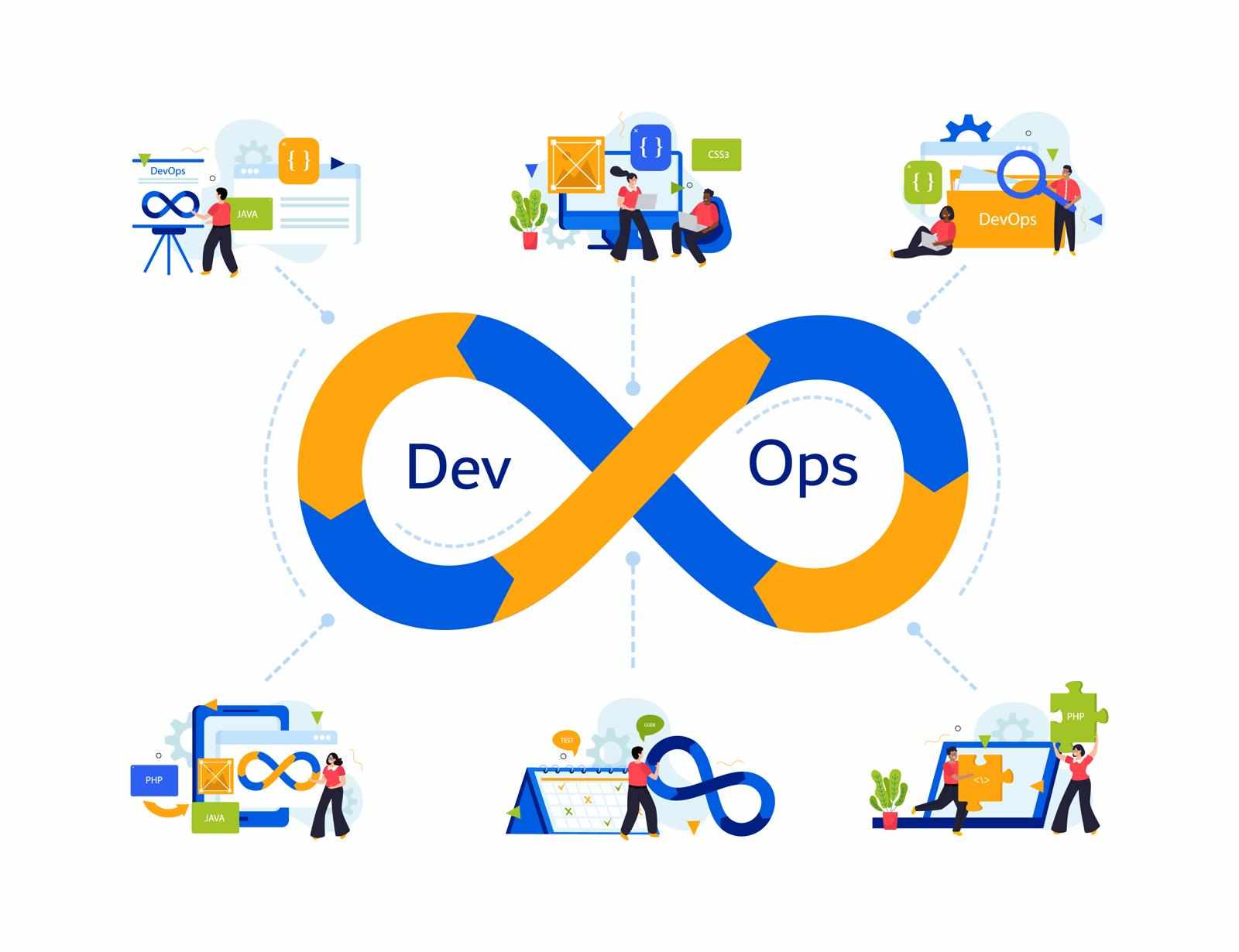
The technology landscape is evolving rapidly, and DevOps teams find themselves at the center of this transformation. Traditional approaches to software development and operations are giving way to intelligent automation and predictive analytics. Teams that fail to hire AI developers risk falling behind in an increasingly competitive market where speed, efficiency, and innovation determine success.
The integration of artificial intelligence into DevOps workflows isn't just a trend—it's becoming a necessity. Organizations that embrace AI-powered automation are seeing significant improvements in deployment frequency, faster recovery times, and reduced operational costs. This shift represents a fundamental change in how DevOps teams approach their daily operations and long-term strategic planning.
The Current State of AI in DevOps Operations
DevOps teams worldwide are experiencing a dramatic shift toward intelligent automation and AI-driven processes. The Generative AI in DevOps market is projected to grow from approximately USD 942.5 million in 2022 to an estimated USD 22,100 million by 2032, representing a remarkable 38.20% compound annual growth rate. This explosive growth reflects the transformative impact AI is having on software development and operations.
AI and machine learning have evolved from experimental technologies to become foundational elements of DevOps operations. These technologies are revolutionizing how teams handle repetitive tasks, predict potential issues, and optimize resource allocation across development pipelines. Modern DevOps teams are no longer just managing infrastructure—they're orchestrating intelligent systems that can learn, adapt, and improve over time.
Automation Revolution in Software Delivery
The automation capabilities that AI brings to DevOps extend far beyond simple scripting or configuration management. AI excels at automating repetitive tasks, optimizing resource allocation, detecting anomalies, and enhancing monitoring through predictive analytics. These functions help reduce human error and increase efficiency in DevOps workflows. Teams are discovering that AI can handle complex decision-making processes that previously required human intervention.
Continuous integration and continuous deployment pipelines are becoming smarter through machine learning algorithms that can predict build failures, optimize test suites, and automatically adjust deployment strategies based on historical performance data. This intelligence transforms traditional CI/CD processes into self-improving systems that get better with each iteration.
Market Trends Driving AI Adoption in DevOps
The demand for AI-powered DevOps solutions is accelerating across industries as organizations recognize the competitive advantages these technologies provide. In 2025, DevOps is expected to shift from reactive troubleshooting to proactive operations, with AI playing a bigger role in automation, security, and cost management across CI/CD pipelines. This shift represents a fundamental change in how teams approach problem-solving and system optimization.
According to 90% of IT leaders, boosting the use of AIOps within DevOps and security projects could scale DevSecOps in 2025 and beyond. This statistic highlights the growing recognition that AI isn't just a nice-to-have feature—it's essential for scaling operations and maintaining competitive advantage in today's fast-paced technology environment.
Intelligent Monitoring and Predictive Analytics
Traditional monitoring systems react to problems after they occur, but AI-powered monitoring can predict and prevent issues before they impact users. Machine learning algorithms analyze patterns in system behavior, application performance, and user interactions to identify potential problems hours or days before they manifest. This proactive approach dramatically reduces downtime and improves overall system reliability.
Predictive analytics also enables better capacity planning and resource optimization. AI systems can forecast demand patterns, recommend scaling decisions, and optimize infrastructure costs based on actual usage patterns rather than static predictions. This intelligence helps teams make data-driven decisions that improve both performance and cost efficiency.
Why DevOps Teams Must Hire AI Developers
The complexity of modern software systems demands expertise that traditional DevOps skills alone cannot provide. AI developers bring specialized knowledge in machine learning, natural language processing, and predictive modeling that enables teams to implement sophisticated automation solutions. Without this expertise, teams struggle to move beyond basic automation into intelligent, self-improving systems.
Developers who can create AI-powered applications, understand cloud-native architecture, and embed security by design are defining 2025's hiring trends. AI skills aren't standalone anymore — they're expected to work hand in hand with secure, scalable infrastructure. This integration of AI capabilities with traditional DevOps skills creates teams capable of building and maintaining next-generation software delivery systems.
Bridging the Skills Gap in Modern Operations
The gap between current DevOps capabilities and the requirements of AI-powered systems is widening rapidly. Teams need professionals who understand both the operational aspects of software delivery and the technical requirements of AI implementation. This combination of skills is rare and highly valuable in today's job market.
AI developers with DevOps experience can design systems that not only implement intelligent automation but also maintain the reliability, security, and scalability that production environments require. They understand how to integrate AI capabilities into existing workflows without disrupting critical operations or introducing new risks.
Strategic Benefits of AI-Powered DevOps Teams
Organizations that successfully hire AI developers for their DevOps teams gain multiple strategic advantages that compound over time. These teams can implement continuous improvement processes that automatically optimize performance, reduce costs, and enhance user experience without constant manual intervention. The result is a DevOps operation that becomes more efficient and effective as it processes more data and learns from more experiences.
AI-enhanced DevOps teams also demonstrate faster innovation cycles and improved problem-solving capabilities. They can rapidly prototype new automation solutions, test optimization strategies, and implement improvements based on real-world performance data. This agility enables organizations to respond quickly to market changes and customer demands.
Enhanced Security Through Intelligent Automation
Security has become a critical concern for DevOps teams as cyber threats become more sophisticated and frequent. AI developers can implement intelligent security monitoring systems that detect anomalies, identify potential threats, and respond to security incidents faster than traditional approaches. These systems learn from each security event, continuously improving their detection capabilities and response times.
96% of respondents said that automating security and compliance operations, a core DevOps principle, benefited their business. This automation becomes even more powerful when enhanced with AI capabilities that can understand context, recognize patterns, and make intelligent decisions about security responses.
Implementation Strategies for AI Integration
Successfully integrating AI developers into DevOps teams requires careful planning and strategic implementation. Teams must balance the need for AI capabilities with existing operational requirements and team dynamics. This often means starting with specific use cases where AI can provide immediate value while building broader capabilities over time.
The most successful implementations begin with clear objectives and measurable outcomes. Teams should identify specific pain points in their current processes where AI can provide solutions, such as automated testing, intelligent monitoring, or predictive maintenance. This focused approach allows teams to demonstrate value quickly while building confidence in AI capabilities.
Building Collaborative AI-DevOps Culture
Creating effective collaboration between AI developers and traditional DevOps engineers requires fostering a culture of continuous learning and experimentation. Both groups must understand each other's perspectives and constraints to build solutions that are both technically sound and operationally viable.
Training and knowledge sharing become critical components of successful AI-DevOps integration. Traditional DevOps engineers need to understand AI capabilities and limitations, while AI developers must learn about operational requirements and production constraints. This cross-training creates teams capable of designing and implementing robust AI-powered solutions.
Future-Proofing DevOps Operations
The pace of technological change in software development and operations continues to accelerate, making it essential for DevOps teams to stay ahead of emerging trends. Teams that hire AI developers today position themselves to adapt to future changes and take advantage of new opportunities as they emerge. This forward-thinking approach ensures long-term competitive advantage and operational excellence.
It is expected that by 2025, integrating QA earlier in development cycles will lead to a decrease of up to 30% in critical defects, underlining the importance of early and continuous testing. AI-powered testing and quality assurance systems enable this early integration by automatically identifying potential issues and optimizing test coverage based on code changes and historical defect patterns.
Continuous Innovation Through AI Capabilities
AI developers bring a mindset of continuous innovation and improvement that transforms how DevOps teams approach their work. They introduce methodologies for experimentation, A/B testing, and iterative improvement that help teams optimize their processes continuously. This approach ensures that DevOps operations remain efficient and effective as requirements and technologies evolve.
The combination of AI capabilities with traditional DevOps expertise creates opportunities for breakthrough innovations in software delivery. Teams can experiment with new automation approaches, implement intelligent optimization strategies, and develop custom solutions that provide unique competitive advantages.
Measuring Success and ROI
Organizations that invest in AI talent for their DevOps teams need clear metrics to measure success and return on investment. Key performance indicators should include deployment frequency, lead time for changes, mean time to recovery, and change failure rate. AI-enhanced teams typically show improvements across all these metrics as intelligent automation reduces manual effort and improves decision-making.
Cost optimization represents another significant benefit of AI-powered DevOps operations. Intelligent resource management, predictive scaling, and automated optimization can reduce infrastructure costs while improving performance. These savings often justify the investment in AI talent within the first year of implementation.
The DevOps landscape is evolving rapidly, and teams that embrace AI capabilities today will lead tomorrow's software delivery organizations. The question isn't whether to hire AI developers, but how quickly teams can build these critical capabilities and integrate them into their operations. Organizations that delay this transition risk falling behind competitors who are already realizing the benefits of AI-powered DevOps systems.





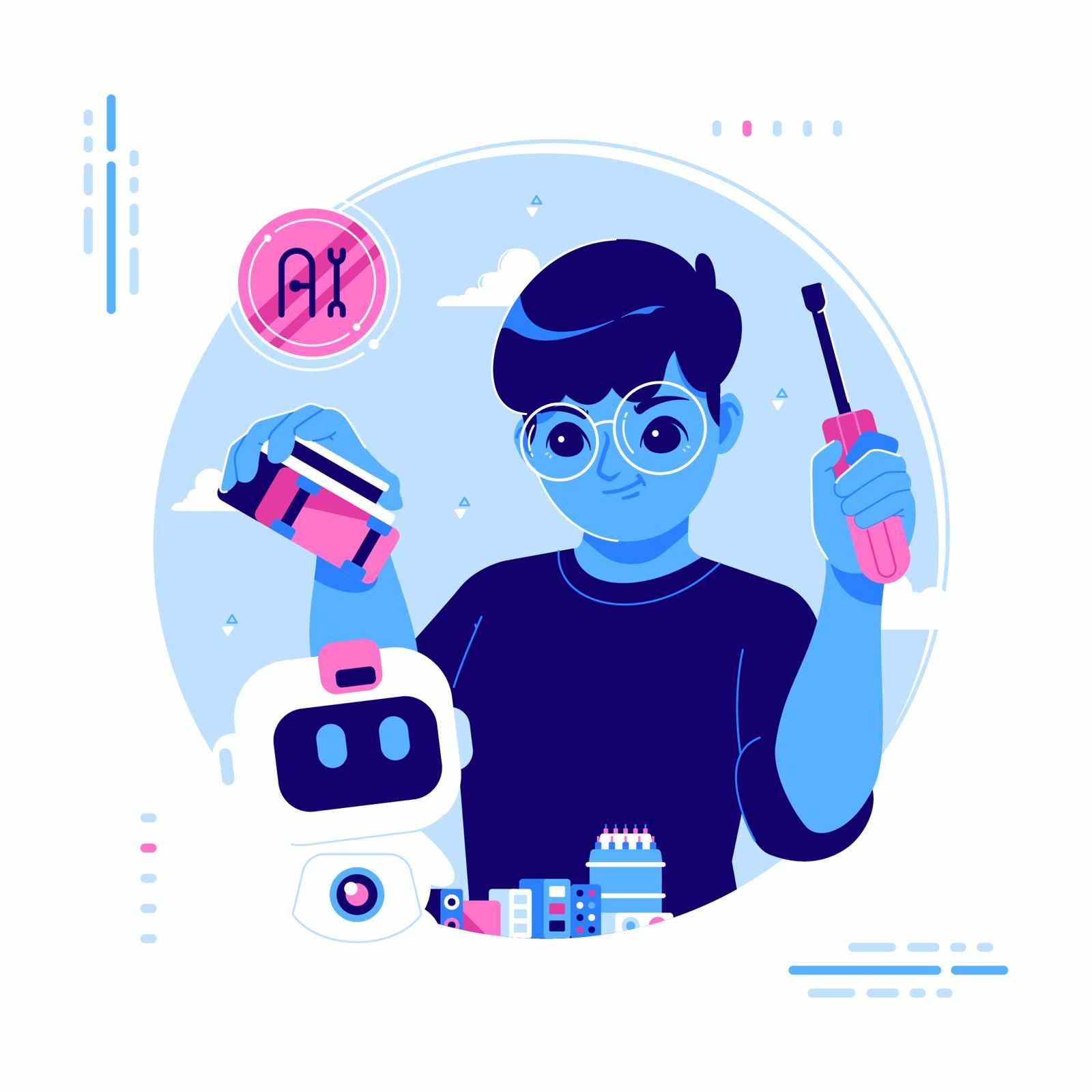
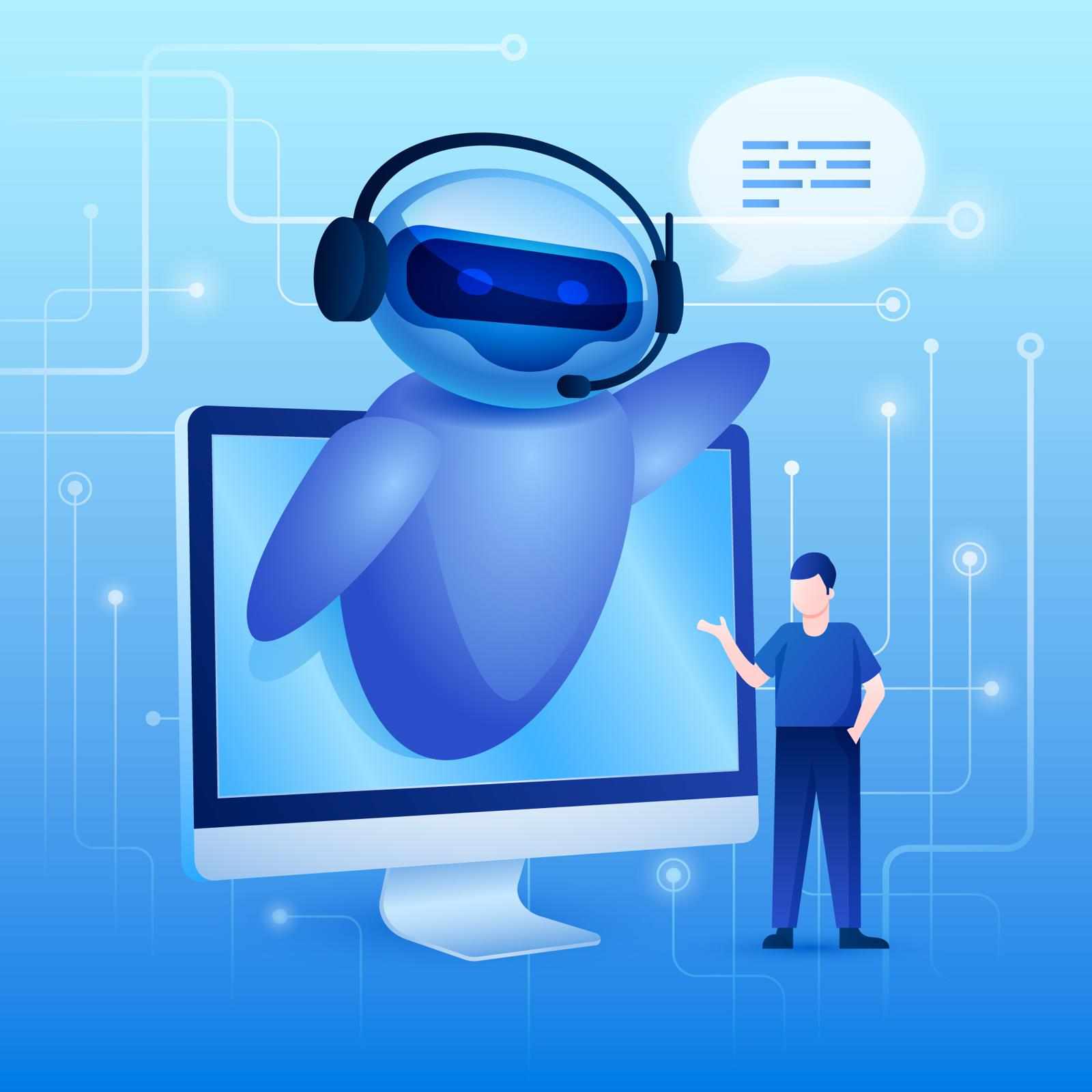


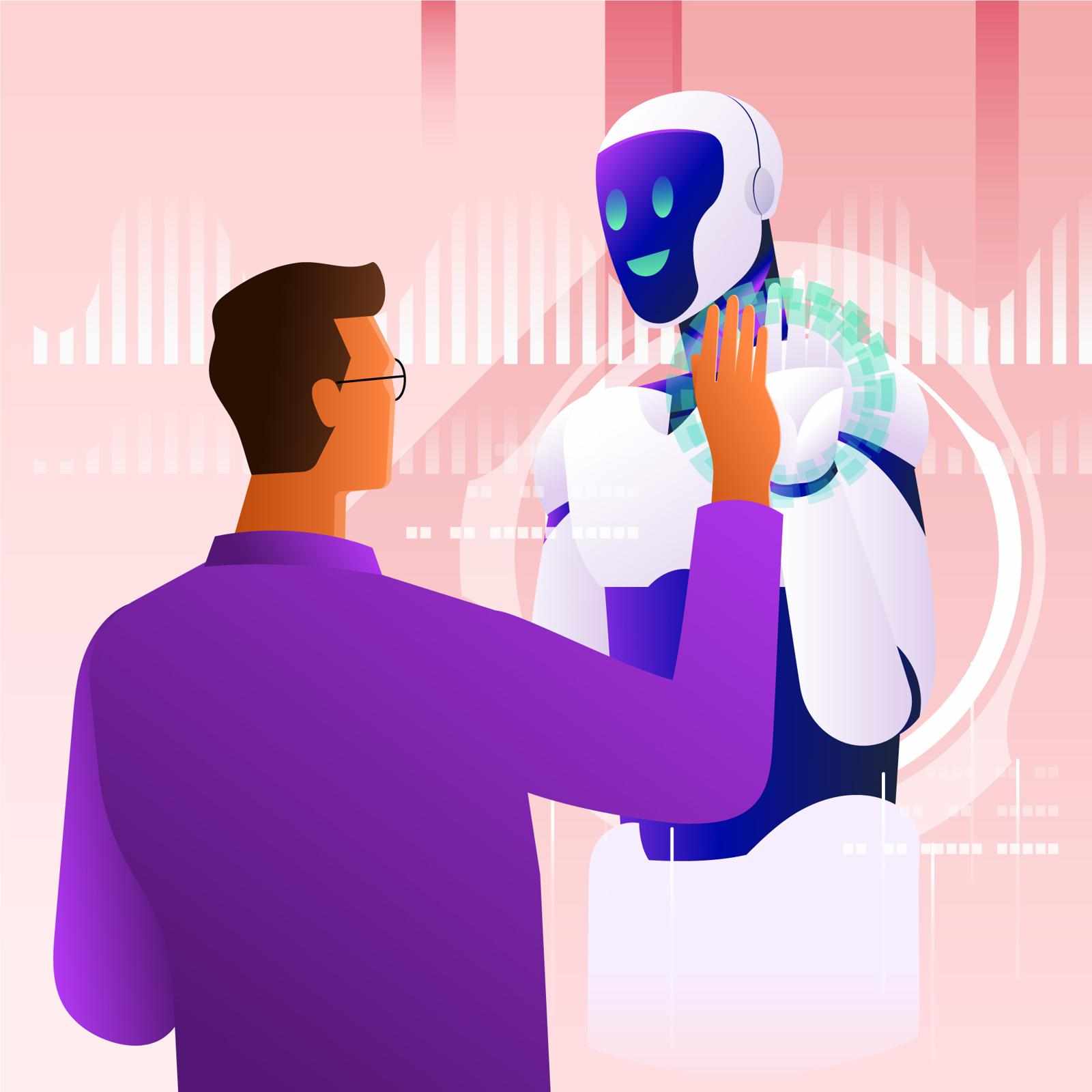



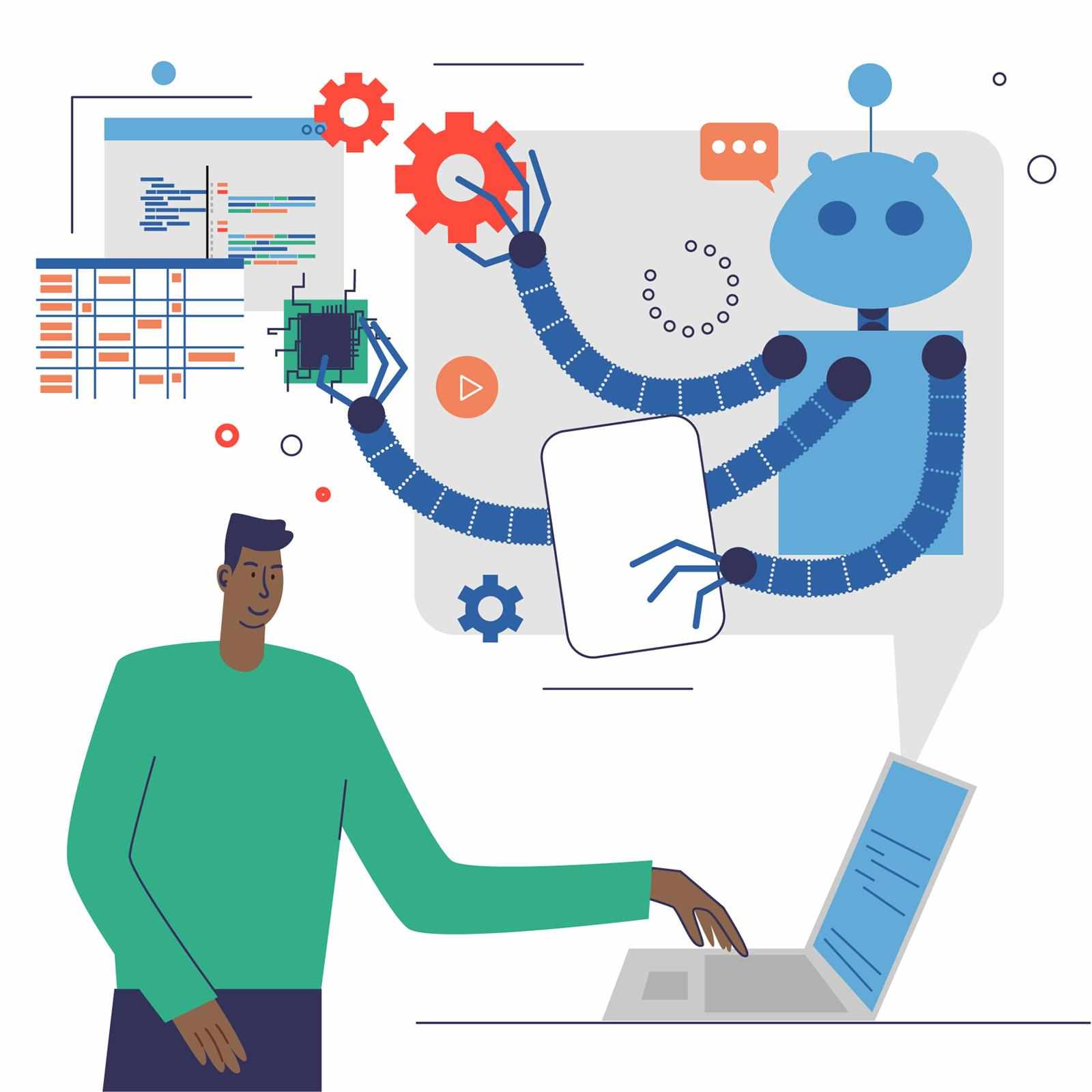
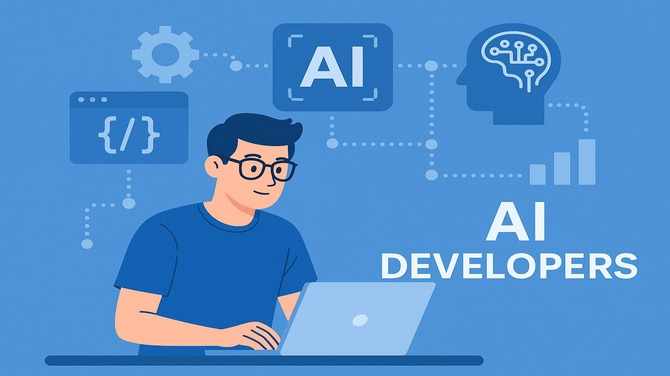
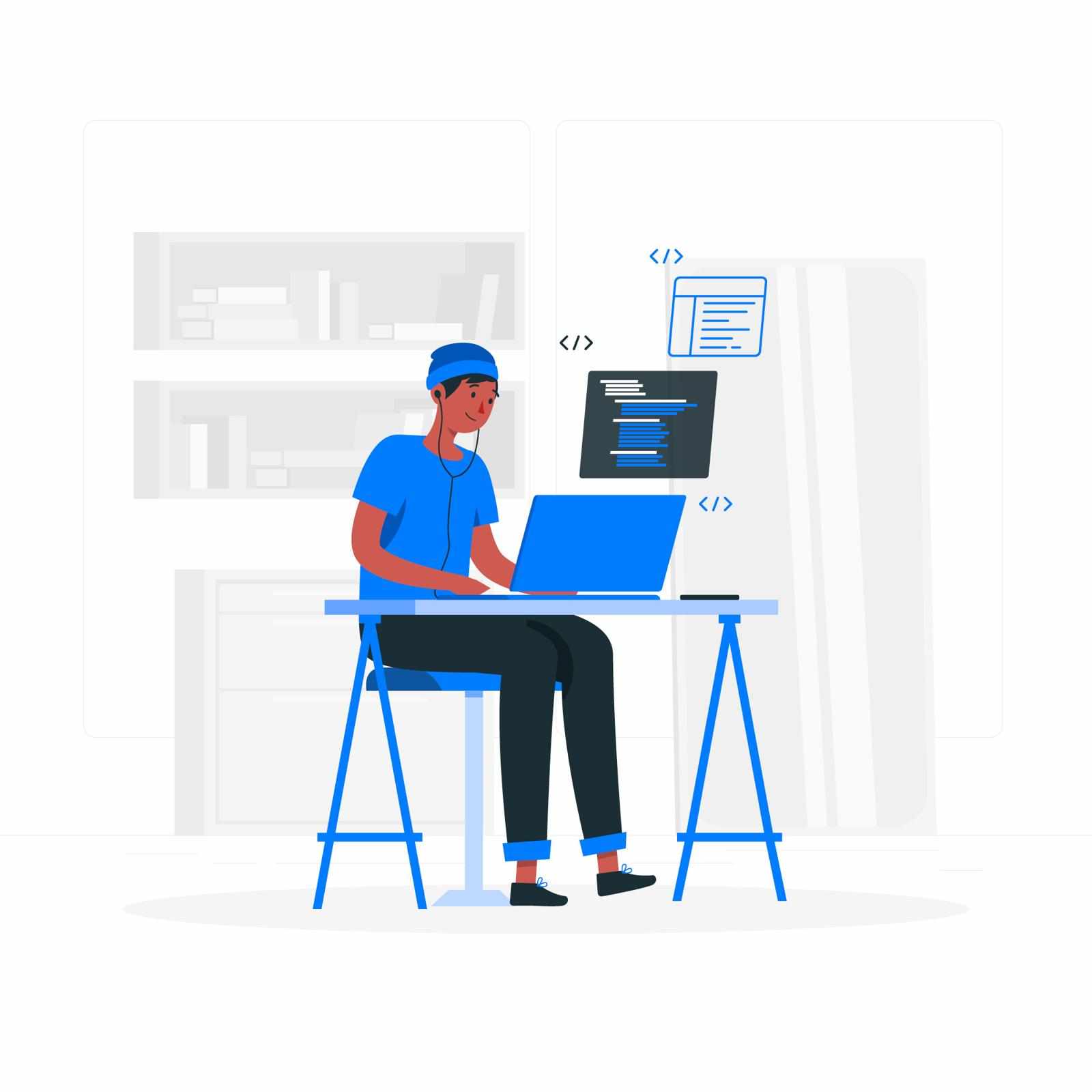
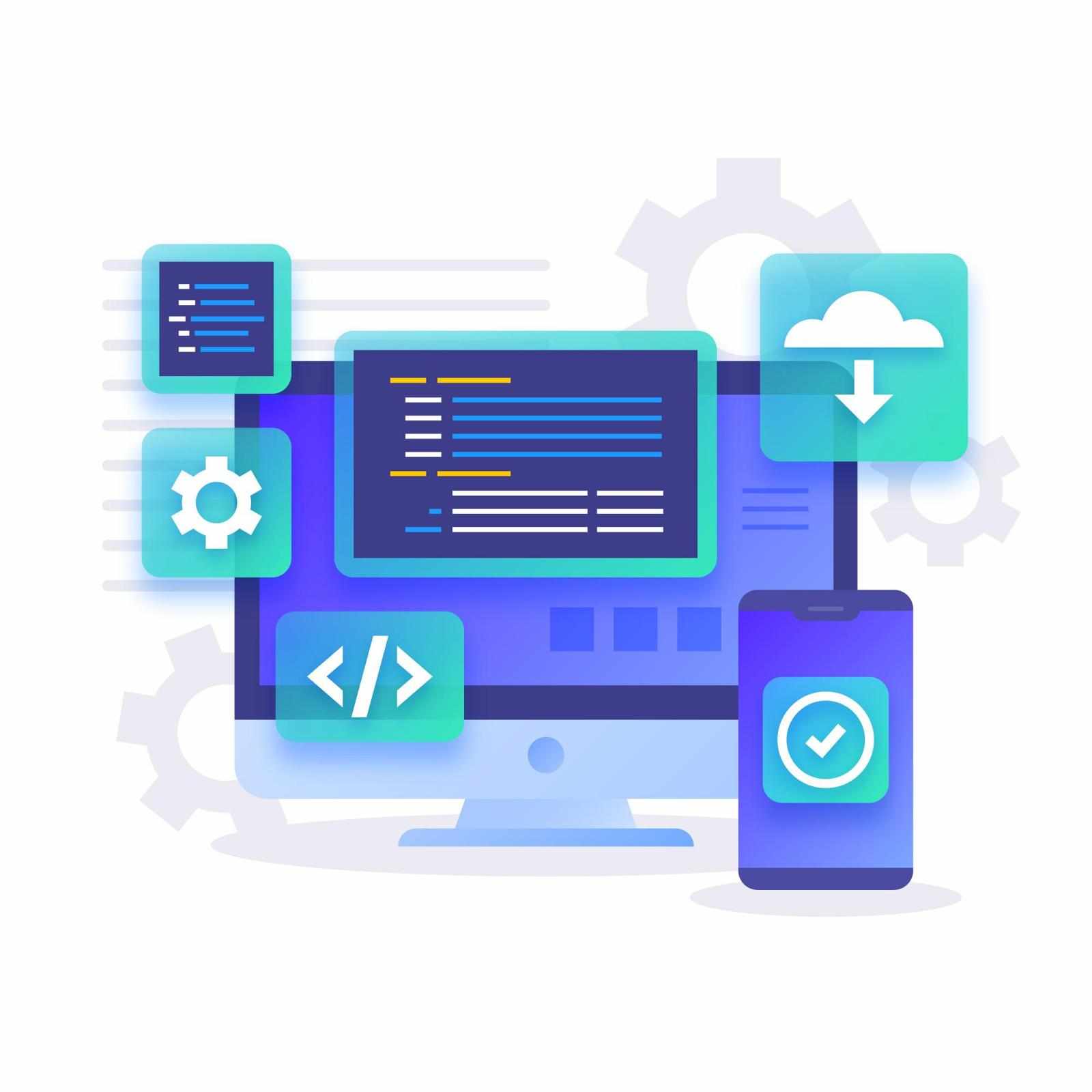



Write a comment ...